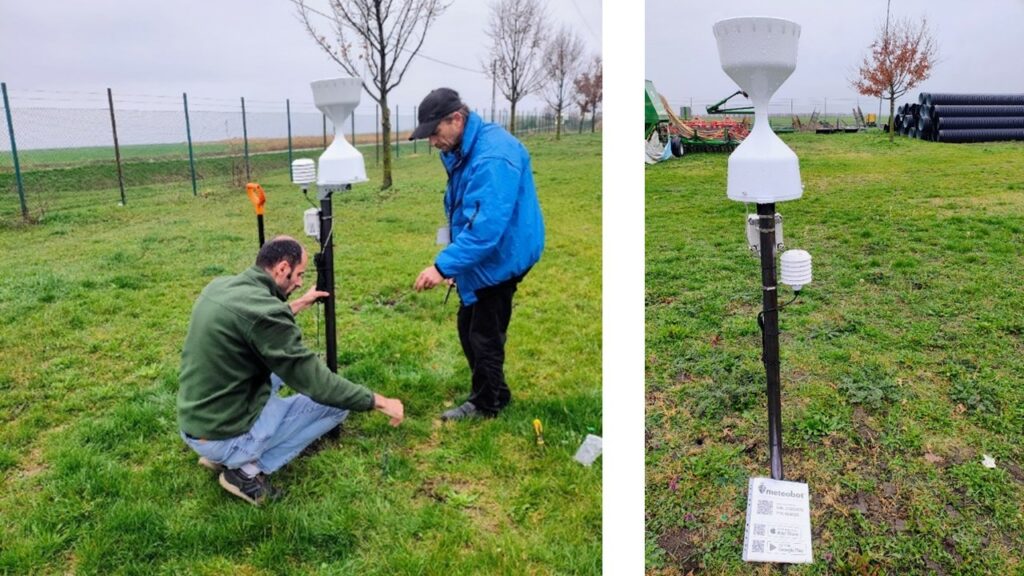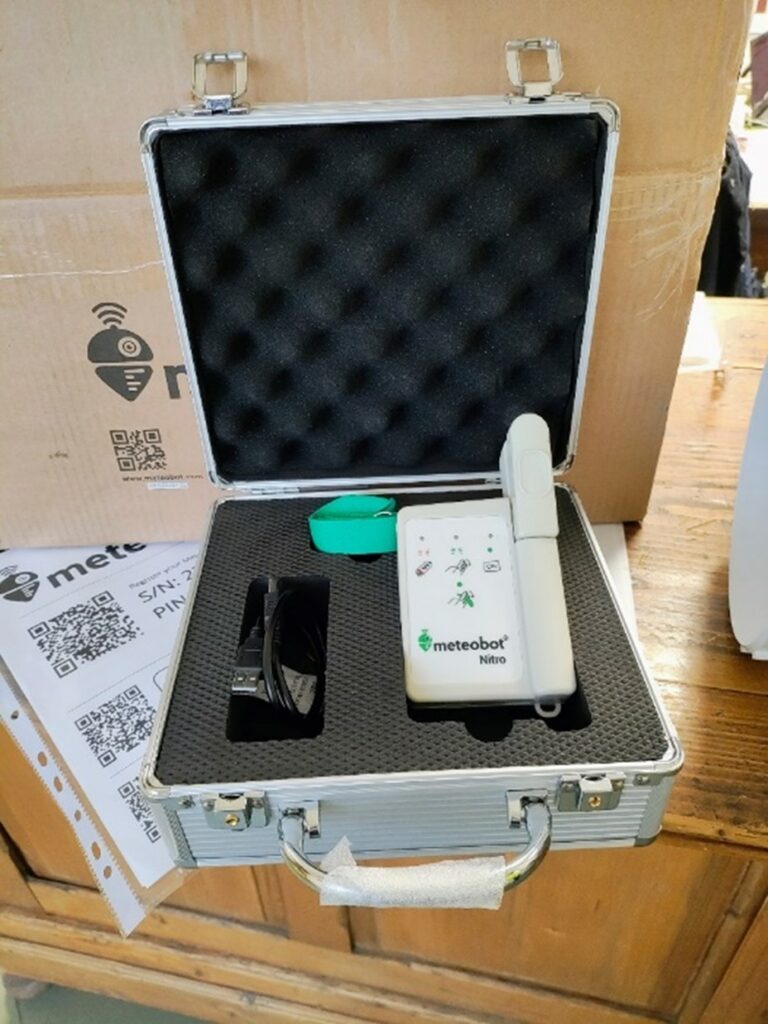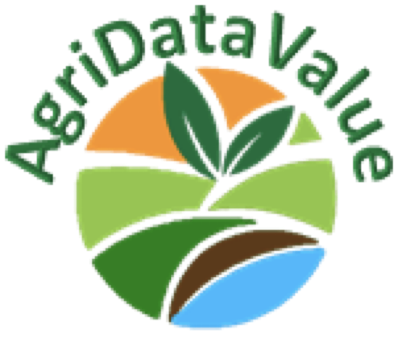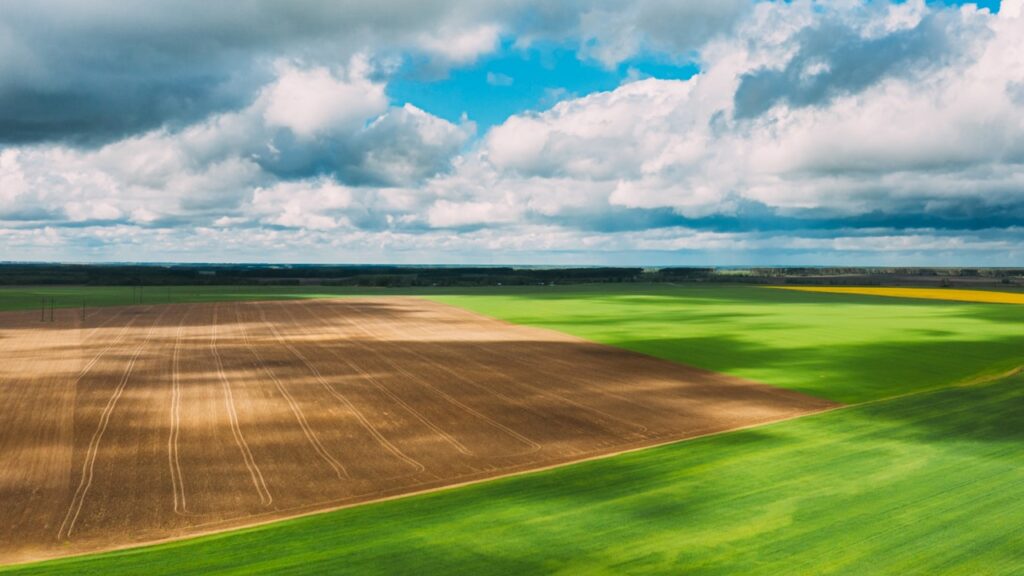The Association of Organic Farming Operators – “BIO Romania”, is a non-governmental and apolitical Romanian legal entity, dialogue partner of the state authorities, with competences in ecological agriculture that works for the sustainable development of agriculture and the Romanian rural space, for education, informing and raising consumer awareness of the benefits of organic farming for both human health and the health of nature, by promoting excellence in the field of organic farming.
The purpose of the Association is the area of excellence in the field of organic agriculture in order to promote competitiveness in this field and the sustainable development of the rural environment, as well as the harmonization, representation and defense of the interests of operators in organic agriculture, both nationally and internationally. In the long term, the Association’s goal is to develop its own standard of ecological production recognized at national and international level.
In the AgriData Value project, the incorporation of advanced technologies such as weather stations and IoT sensors marks a significant leap forward. These devices will be deployed in the field to collect comprehensive data on weather patterns and soil conditions, enabling precise adjustments to farming practices. Insights from this real-time data can lead to informed decision-making, optimization of resource use, and further advances in sustainable agriculture.
The Bio Romania pilot focuses on the development of agricultural procedures and practices to obtain a sustainable and healthy production generated by conventional agriculture in the Minimum Soil Work System and strip-till system. An analysis will be made between the classic tillage system and the two new systems, namely minimum tillage and strip-till in conventional agriculture.
BIO ROMANIA, agreed to be a partner in this project because BIO farmers mostly use advanced technologies in Agriculture and protect Natural resources and Biodiversity, and the AgriData Value project will allow us to provide information and technologies, software, to help them get higher BIO harvests with lower energy, water, fertilizer resources, so lower costs, higher productions and conservation of Natural resources and Biodiversity!
Emiliana West Rom is a member of the BIO Romania association and was selected for the project because it has 3000 ha of BIO certification and uses advanced technologies for the grain crops it produces.
For this, a collaboration was established with Emiliana West Rom S.R.L.. Investment by an Italian businessman who works successfully in the field of processing vegetable fats, a man passionate about agriculture and convinced that agriculture can be done at the highest level in Romania , Emiliana West Rom S.R.L. was established in 2000 in Timiș County and operates in the Dudeștii-Vechi – Valcani – Teremia Mare area. Emiliana West Rom S.R.L. managed in a very short time to give more economic potential to the area in which it operates, at the same time dynamizing the labor market.
The massive capital investment results in an ultra-modern firm. Emiliana West Rom SRL benefits from state-of-the-art technical equipment, as well as a GPS system for tracking the production process. The company also owns a modern storage base with a capacity of 90,000 tons, of which 40,000 tons are in vertical cells.
Regarding the land, Emiliana West Rom SRL works a total area of approximately 12,000 hectares distributed in the territories of the localities: Dudeștii Vechi, Valcani, Beba Veche and Teremia Mare.
The nature of the land, distributed in 4 municipalities and within a radius of 30 km, varies considerably, from the clay soil in the “Cociohat” area (the municipality of Dudești Vechi), to the medium and sandy soil in the Valcani area.
All soil types have a high content of organic material (on average 3-4%), resulting in high soil fertility in the area. The different nature of soils plays an important role in crop diversification. In this regard, the Cociohat land is more suitable for autumn-winter cereals and sunflowers, while the soil of the Valcani area can include corn, beets, soybeans and, in the future, onion and potato crops.
Using the sensors located on the plots considered in the project, it will be possible to make a more precise estimate of the critical periods for the plants and it will be possible to act in this sense to obtain sustainable productions from an economic and qualitative point of view. The identification of the critical periods of development for plants, in order to obtain sustainable productions, taking into account the technologies of working on the surface as well as the reduction of the amounts of water used and the costs of operation represents an important perspective considering a better management of water and of the resources involved in the production process, and the reduction of equipment operating costs and therefore the improvement of soil quality indices in order to preserve it for future generations.
It is also aimed at reducing the amount of water used, as well as the operating costs involved in achieving sustainable productions, taking into account the environment and the increasingly competitive and difficult to satisfy economic and social conditions.
First, the measurements made with the two Meteobot Mini weather stations and the Meteobot Nitro chlorophyll reading sensor will be followed Information on the moments when it is urgently necessary to act with irrigation works to reduce the costs and resources involved in the production process (moisture , temperature, pests, etc.).
The plots involved in the project are surrounded on the four sides by irrigation/drainage channels.
BF 1566 plot 1469a – 15.43 ha (classic works)
BF 1569 plot 1470a – 15.33 ha (minimum soil works)




